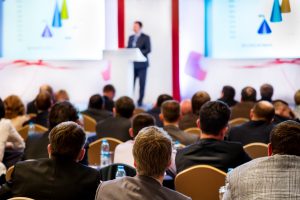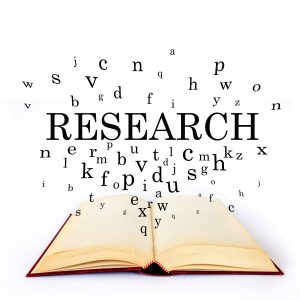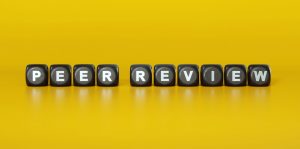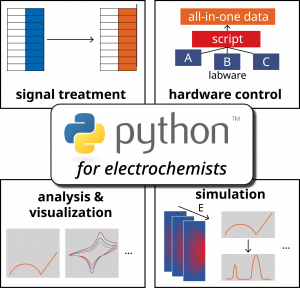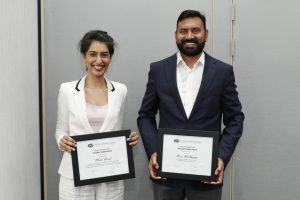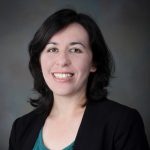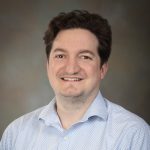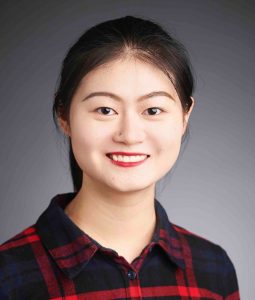 Ying Xia of the University of Washington is the 2024 ECS Pacific Northwest Section Electrochemistry Student Award Sponsored by Thermo Fisher Scientific recipient. The award recognizes Ying’s outstanding contribution to understanding and controlling dynamic processes at the electrode-electrolyte interface in energy storage devices, exceptional cross-institutional collaborative leadership in electrochemistry, and dedication to community engagement through education and outreach. The award is presented at the Pacific Northwest Section meeting held during the Oregon Electrochemistry Conference from September 19-20, 2024, in Eugene, OR.
Ying Xia of the University of Washington is the 2024 ECS Pacific Northwest Section Electrochemistry Student Award Sponsored by Thermo Fisher Scientific recipient. The award recognizes Ying’s outstanding contribution to understanding and controlling dynamic processes at the electrode-electrolyte interface in energy storage devices, exceptional cross-institutional collaborative leadership in electrochemistry, and dedication to community engagement through education and outreach. The award is presented at the Pacific Northwest Section meeting held during the Oregon Electrochemistry Conference from September 19-20, 2024, in Eugene, OR.
Learn more about the award and review the list of past recipients on the award page. (more…)



